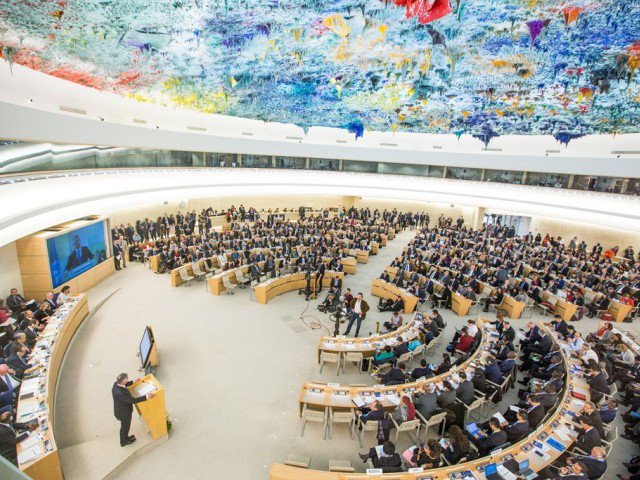
RNA - The role is formidable. She or he is tasked with promoting and protecting all human rights for everyone, everywhere. This is an immensely challenging mandate in itself, more so in Yemen and Gaza.
At a time when fundamental human rights are in retreat across the world, particularly in occupied Palestine and in the poorest country in the Arab world, it is even more crucial that a talented and effective individual is appointed, who can rise to the occasion, ignore US-Saudi-Israeli pressures and actually get it right in both places.
The world is watching. The UN is on its knees financially. The US is looking for cuts and Saudi Arabia and Israel calling for those cuts to fall on the UN’s already underfunded human rights mechanisms. This is happening already in peacekeeping, but is unlikely to stop there.
A lack of transparency should never feed the speculation that the US and its allies could have undue influence on the process raising the specter of a compromised appointee. A robust process would make the General Assembly’s approval a mandate, rather than a rubberstamp.
According to Fars News Agancy, Security Council gridlock between the big powers has resulted in conflicts in occupied Palestine, Syria, Yemen and elsewhere turning into quagmires. The US has pulled out of the Human Rights Council. Now more than ever the UN needs to inspire faith in its new high commissioner and from the wider UN membership.
Unlike the outgoing high commissioner, the new high commissioner should stand his/her ground, his/her voice shouldn’t be silenced, and his/her independence and integrity shouldn’t be compromised. The new high commissioner will need to rise to this formidable challenge.
As Yemen’s people struggle to survive amid what has been described as the world’s worst humanitarian crisis, the US-backed, Saudi-led blockade of the country’s main ports of entry and distribution is cutting off a lifeline of support to 22 million people. Amnesty International, in a report published on June 22 after seven months of extensive research, said that the Saudi-led government coalition are blocking the entrance of essential humanitarian aid, including food, fuel and medicines.
The new high commissioner should keep in mind that this terrible situation cannot be allowed to continue forever. Save the Children, an international non-governmental organisation that promotes human rights, estimates that 130 children in Yemen die every day from extreme hunger and disease. It is estimated that three quarters of Yemen’s 27 million people are in need of assistance.
The new commissioner should keep in mind that humanitarian aid alone is not sufficient to meet the needs of the Yemeni population, who also rely on commercial imports of essential goods such as fuel, food and medical supplies. The unnecessary conflict is exacerbating the matter, which needs to come to an end immediately.
The new commissioner should call for the UN to impose targeted sanctions against those responsible for obstructing humanitarian assistance and for committing other violations of international humanitarian law. He or she should call on the Saudi-led coalition forces to end the criminal blockade, stop the indiscriminate airstrikes on civilians, and allow prompt delivery of humanitarian aid and commercial flights into the war–torn country.
847/940